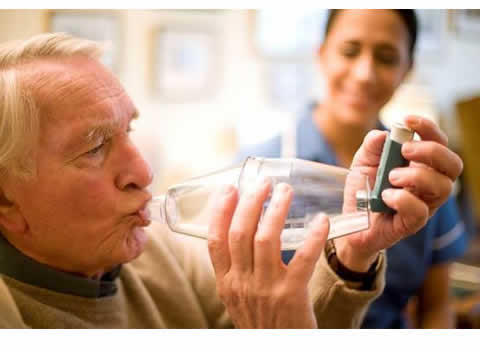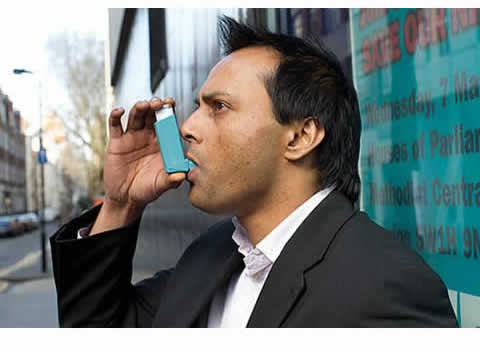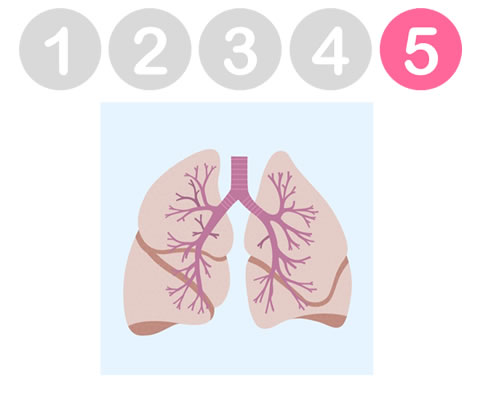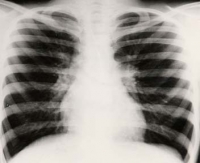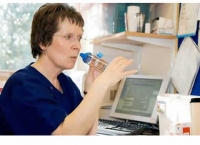Supporting Self-Management in Asthma


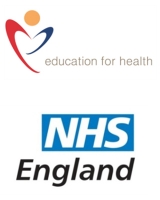
Description
This session introduces the concept of agreed self-management for patients with asthma and explores the role of healthcare professionals in supporting patients in the ongoing management of their asthma by educating them and working with them to develop personalised asthma action plans.
Learning Objectives
By the end of this session you will be able to:
- Discuss the benefits of effective agreed self-management in asthma
- List the important components of self-management education
- Explain the role of a personalised asthma action plan
- Identify the key action points to be included in such a plan
This is the last of five related sessions on the impact, diagnosis and management of asthma in adults.
In earlier sessions we have explored the issues surrounding the diagnosis of asthma, routine asthma monitoring, pharmacological and non-pharmacological management of asthma and recognising and managing asthma attacks.
In this final session, we will conclude by explaining why self-management is important and consider the ways in which healthcare professionals can help people with asthma to self-manage their condition.
Before starting this session, you may wish to complete:
- Introduction to Asthma and its Diagnosis (714-1001)
- Overview of Routine Asthma Monitoring (714-1002)
- Pharmacological and Non-Pharmacological Management of Asthma (714-1003)
- Recognising and Managing Asthma Attacks (714-1004)
Viv has 25 years’ experience of clinical practice in the NHS in both primary and secondary care and joined Education for Health in 2013 as the Clinical Lead for Asthma and Allergy.
She believes that excellence in education for healthcare professionals is the key to improving health outcomes for people with asthma and allergy. Identifying people with poor disease control and helping them to improve their disease management through shared decision making and action planning is essential if we are to improve quality of life for people with asthma and allergy and prevent avoidable deaths.
In addition to her educational role, Viv also works part time in primary care reviewing and managing patients with respiratory disease.
She has a number of additional professional interests including a role on the editorial board for a nursing journal, writing for publication and is a member of the Asthma UK Council for Health Professionals.
Viv is also on the committee for the National Paediatric Respiratory and Allergy Nurses Group, where she leads on primary care issues, and was a panellist on the National Review of Asthma Deaths.

- NiPHC Transition to Practice Program
- Posted By APNA - Australian Primary Healthcare Nursing Association - Transition to Practice Program
- Posted Date: 2024-11-28
- Location:Online
- Transition to Practice Program: helping nurses make the move into primary health care.
- Non-pharmacological Approaches to the Management o...
- Posted By eIntegrity Healthcare e-Learning
- Posted Date: 2024-11-28
- Location:Online
- This session presents a wide spectrum of non-pharmacological approaches to the management of chronic...
- Medications and Older Adults course
- Posted By eIntegrity Healthcare e-Learning
- Posted Date: 2024-11-28
- Location:Online
- This session describes the physiological changes that occur with ageing and the effects these change...
- Common Pain Conditions in Older People course
- Posted By eIntegrity Healthcare e-Learning
- Posted Date: 2024-11-28
- Location:Online
- This session describes some of the most common conditions that cause pain in older people, the manag...
- Assessment of Pain in Older Adults course
- Posted By eIntegrity Healthcare e-Learning
- Posted Date: 2024-11-28
- Location:Online
- This session describes the assessment of pain in older adults and the range of assessment tools avai...

